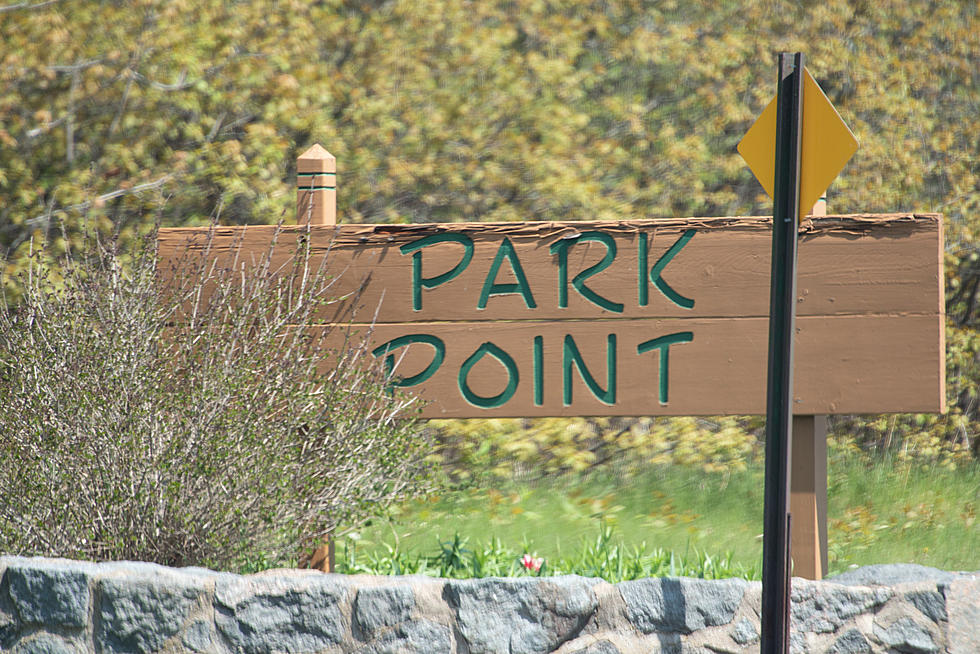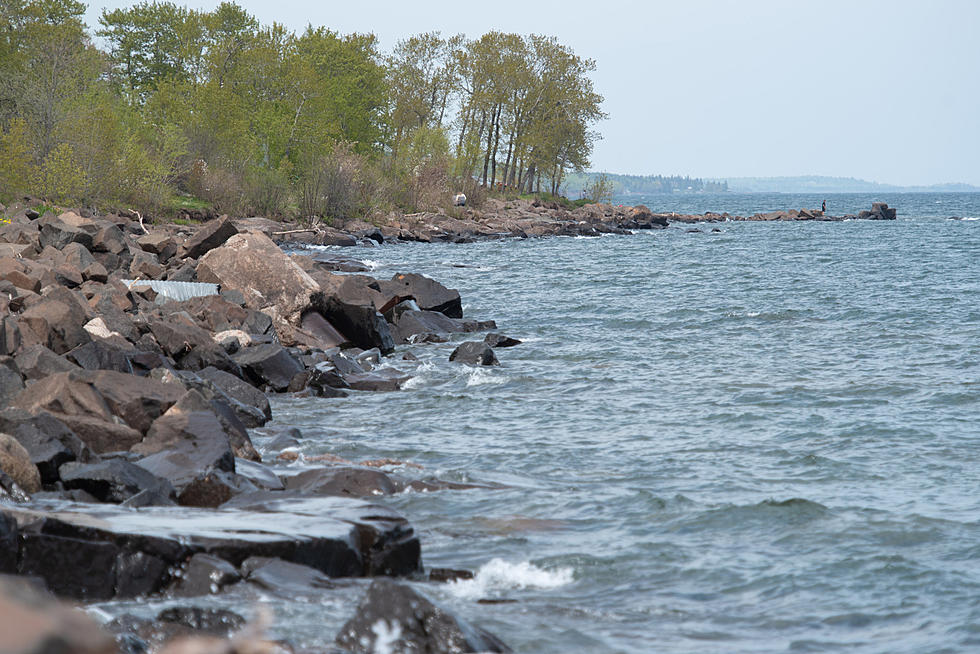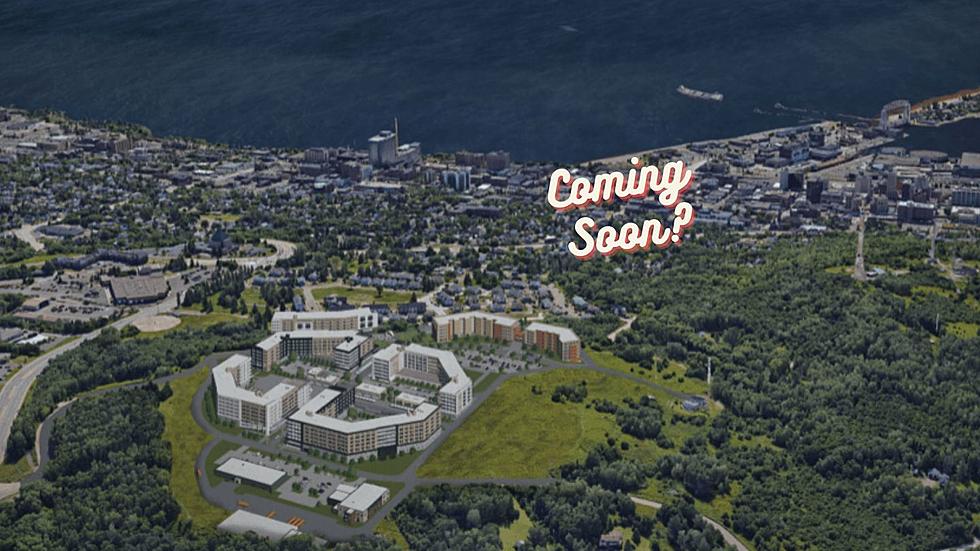
New MPCA Report Says Five Bacteria-Laden Duluth-Area Beaches Must Be Cleaned
A new study conducted by the Minnesota Pollution Control Agency (MPCA) found that five beaches in the Duluth area experience spikes of E.coli bacteria, making the water unsafe at times for swimming or other recreational activities.
The beaches in question are all on the state’s list of waters that don’t meet water quality standards and the Minnesota Department of Health, which monitors the water quality, has posted an average of 32 advisories a year on these Northland beaches. Therefore, clean-up must be done at these locations.
Potential bacteria sources include stormwater runoff, wildlife and pet waste, possible leaks from sanitary sewer lines, inadequate bathroom facilities, illegal sump pump discharges, and more.
The MPCA acknowledges the beaches in question are not as popular as the shore of Lake Superior on Park Point, but the beaches are used for kayaking and swimming and therefore require clean-up efforts.

According to the MPCA press release, clean-up strategies include addressing discharge of untreated wastewater, stormwater management, land use planning and ordinance development, education and outreach activities, and pet and wildlife waste management.
The five beaches that have been targeted for clean-up are:
- Leif Erikson Park beach
- Harbor Side of Minnesota Point 15th Street beach
- Harbor Side of Park Point 20th Street/Hearding Island Canal beach
- Park Point Sky Harbor parking lot beach
- Boy Scout Landing beach on the St. Louis River
According to the MPCA report, the bacteria reductions needed to meet water quality standards range from an estimated 4% at Leif Erikson Park Beach to 84% at Park Point 20th Street/Hearding Island Canal beach.
The public is invited to join a meeting to review the Duluth Area Beaches TMDL report and make comments. The meeting will be held via Webex, Tuesday, February 8, from 1:00 p.m. - 3:00 p.m.
LOOK: Here are the 50 best beach towns in America
27 City Park Spaces In Duluth + Superior To Spend Time Near The Water
More From B105









